Professor Alan Ahearne
Professor of Economics
J.E. Cairnes School of Business and Economics, University of Galway


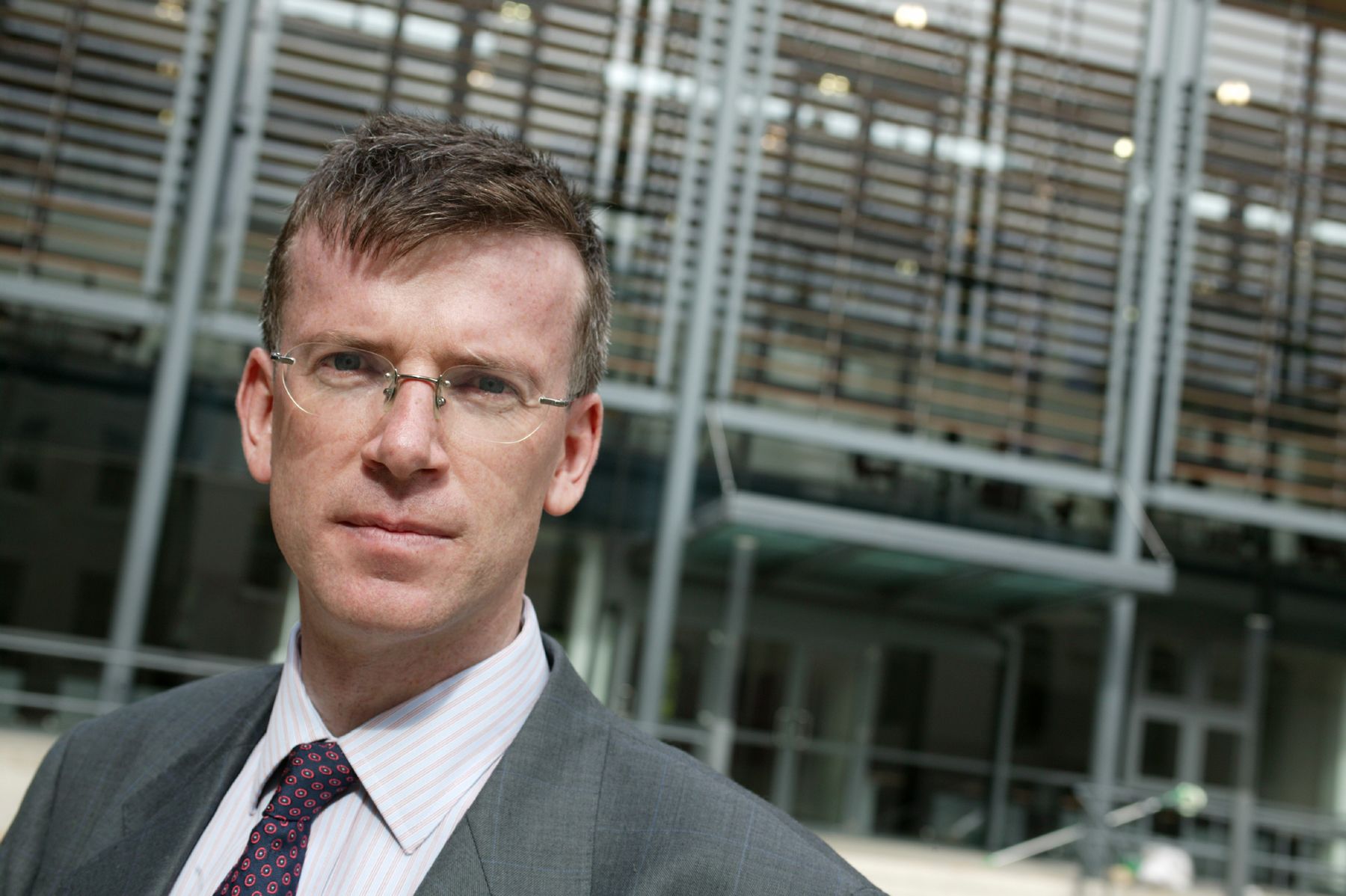
Alan has served as Economic Adviser to Taoiseach/Tánaiste Micheál Martin since July 2020. He served as a non-executive director of the Central Bank of Ireland from 2011 to 2020, and chaired the Bank's Risk Committee and Budget & Remuneration Committee. He served as Chair of the Joint Department of Finance/ESRI Research Programme on the Macroeconomy, Taxation & Banking, and was a member of the External Advisory Group to Ireland's Parliamentary Budget Office. He has served as adviser to the IMF, Consultant to the UK Department for International Development, and as a Research Fellow at Bruegel in Brussels. He holds an honorary appointment at the Darden Graduate School of Business Administration at the University of Virginia.
Alan served as Special Adviser to Ireland's former Minister for Finance Brian Lenihan from 2009 to 2011. In this role, he advised the Minister on economic, budgetary and financial policy in responding to the economic and financial crisis. He served during 2018/2019 as a member of the Independent Review Group set up by the Department of Health to examine the removal of private practice from public acute hospitals.
After receiving his PhD in Economics from Carnegie Mellon University in 1998, Alan joined the Federal Reserve Board in Washington DC, where he worked for seven years as a Senior Economist. At the Fed, he advised Alan Greenspan, Ben Bernanke and other Fed Governors on developments in the global economy. He was the principal economist at the Fed covering the Japanese and Chinese economies.
Alan's work contributes to these SDGs
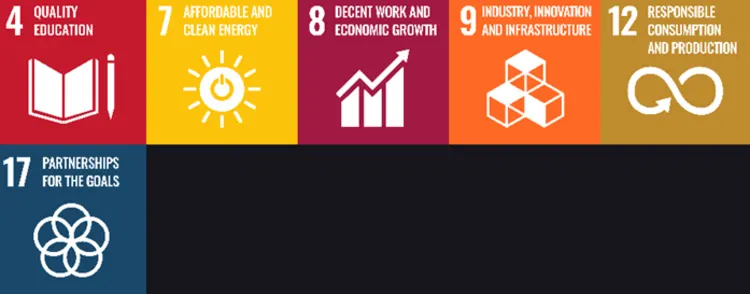
Alan leads the Modelling Ireland’s Maritime Transport Industry (MIMTI) research programme to explore how the maritime transport industry can support the growth of the Irish economy. This research, carried out with the support of the Marine Institute, is funded under the Marine Research Programme by the Irish Government. Under this programme, Alan, along with Daniel Cassidy, has studied the economic impact of the transition to low-carbon fuels in the maritime industry. This research has helped to provide the evidence base to inform appropriate policy development regarding the decarbonisation of the maritime industry.
Key Target: 8.1 Sustainable economic growth
Alan's presentation from the Irish Lights conference
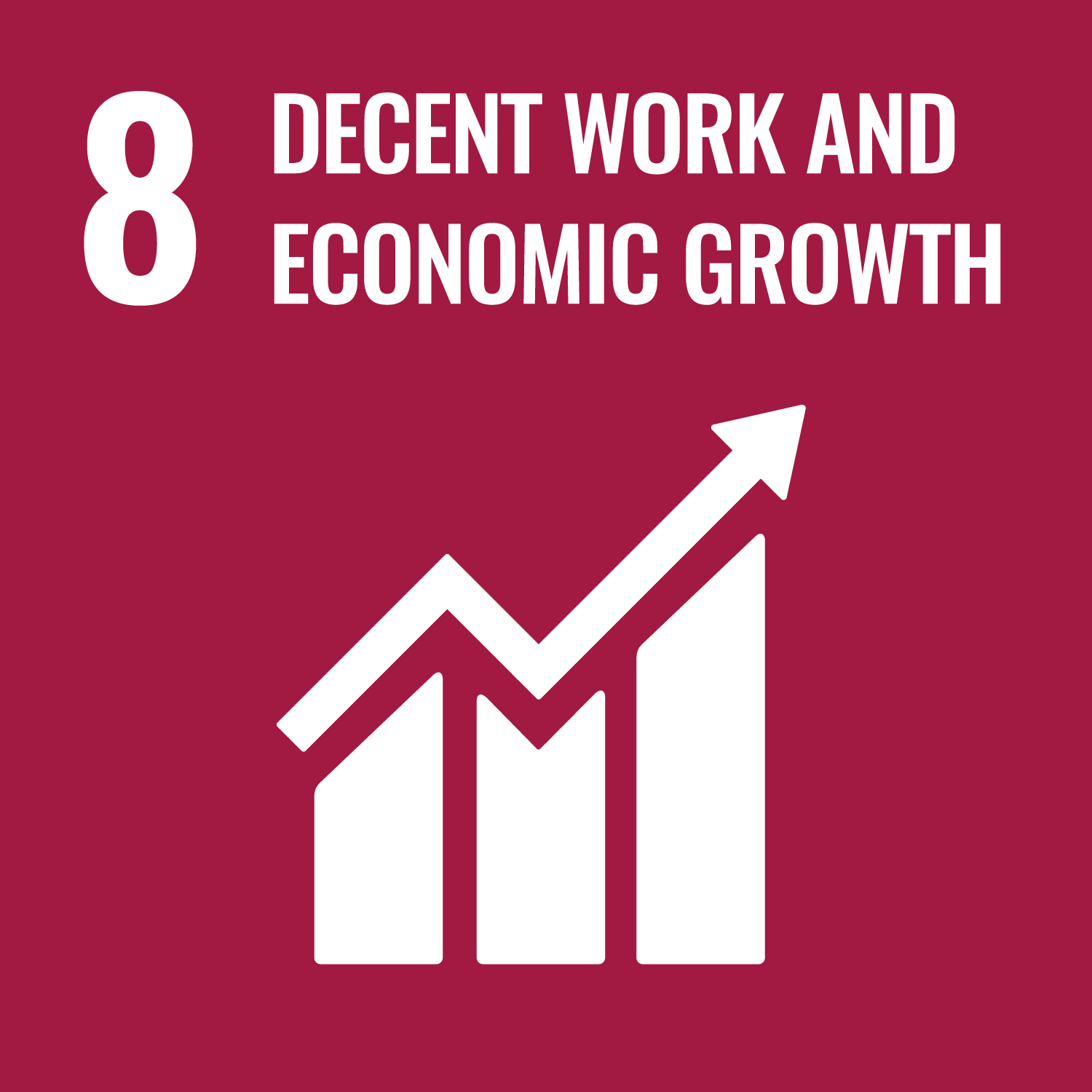
Teaching
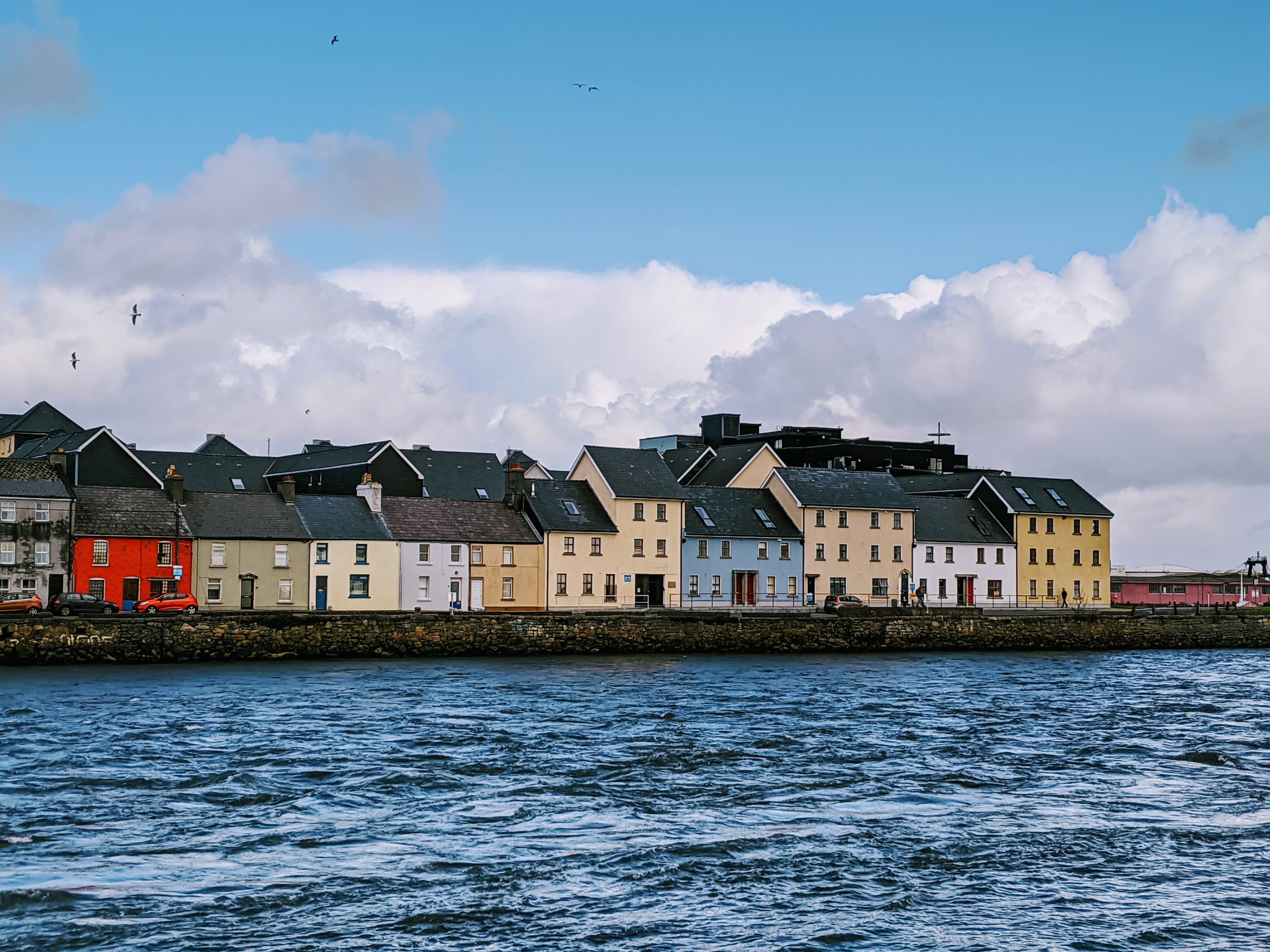
Macroeconomics and Public Policy and Irish Economy in a Global Context on the Executive MBA programme
Alan has recently taught undergraduate modules on Macroeconomics and Public Policy and an MBA module on the Irish Economy in a Global Context. In both modules, students study models of economic growth, including capital accumulation, productivity growth, innovation and improvements in human capital. Students also look at the impact of decarbonisation on the economy and the public finances.
Supporting Targets: 8.1 Sustainable economic growth, 8.2 Diversify, innovate and upgrade for economic productivity, 8.3 Promote policies to support job creation and growing enterprises; 12.1 Implement the 10-year Sustainable Consumption and Production Framework
For the Targets this means to sustain per capita economic growth in accordance with national circumstances and, in particular, at least 7 per cent gross domestic product growth per annum in the least developed countries. Achieve higher levels of economic productivity through diversification, technological upgrading and innovation, including through a focus on high-value-added and labour-intensive sectors. Promote development-oriented policies that support productive activities, decent-job creation, entrepreneurship, creativity and innovation, and encourage the formalisation and growth of micro, small and medium-sized enterprises, including through access to financial services. Implement the ten-year framework of programmes on sustainable consumption and production, all countries taking action, with developed countries taking the lead, taking into account the development and capabilities of developing countries.
Engagement
In addition to being published in top academic journals, his research has featured on the national broadcaster RTÉ and in global print media, e.g. The Economist, Financial Times, Wall Street Journal, New York Times, Irish Times and Sunday Business Post.
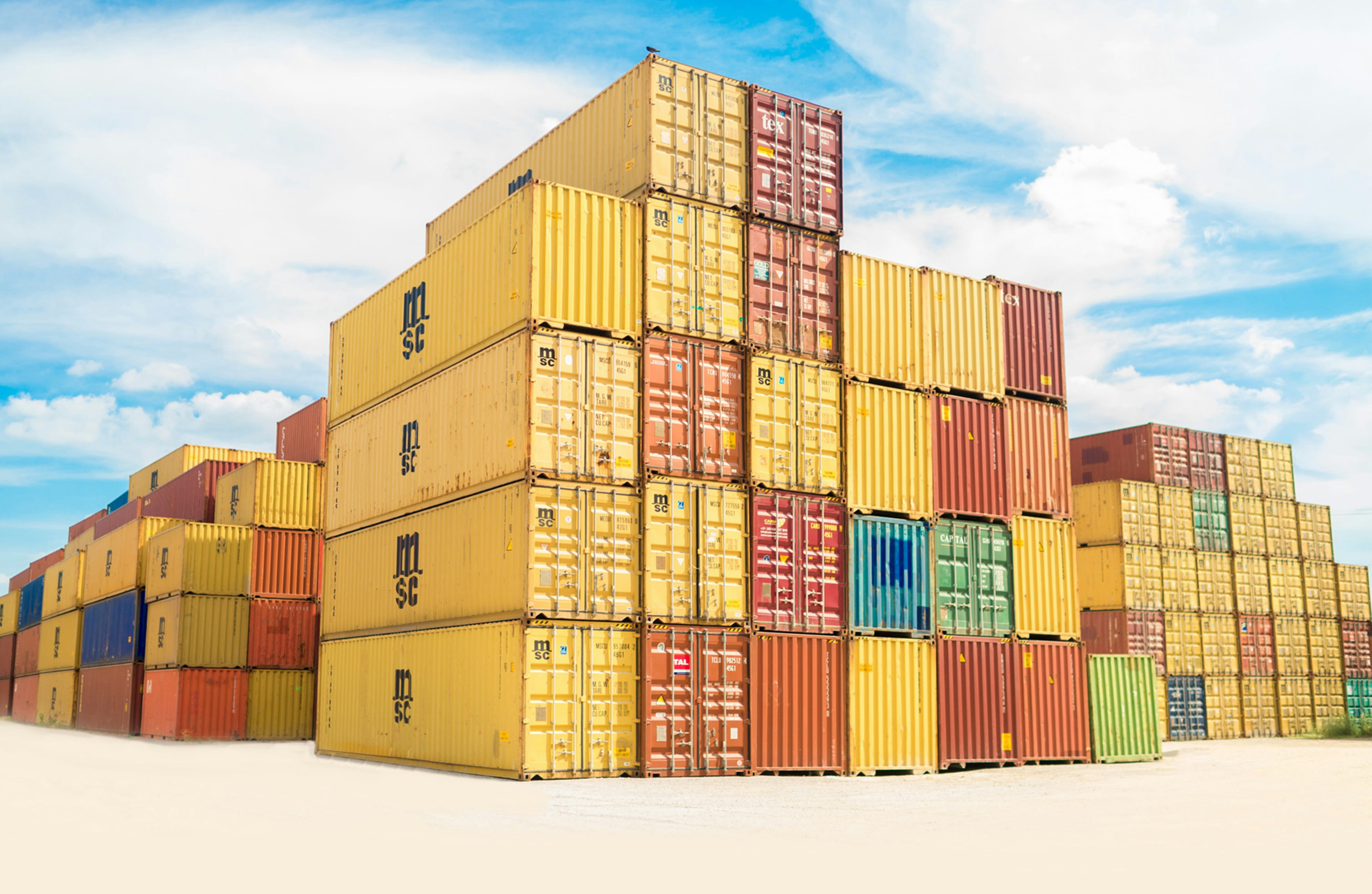
Direct impact SDG Targets
4.7 - Education for sustainable development and global citizenship
7.2 - Increase global percentage of renewable energy
8.1 - Sustainable economic growth
8.2 - Diversify, innovate and upgrade for economic productivity
8.3 - Promote policies to support job creation and growing enterprises
8.4 - Improve resource efficiency in consumption and production
8.5 - Full employment and decent work with equal pay
9.1 - Develop sustainable, resilient and inclusive infrastructures
12.1 - Implement the 10-year Sustainable Consumption and Production Framework
17.6 - Knowledge sharing and cooperation for access to science, technology and innovation
17.18 - Enhance availability of reliable data
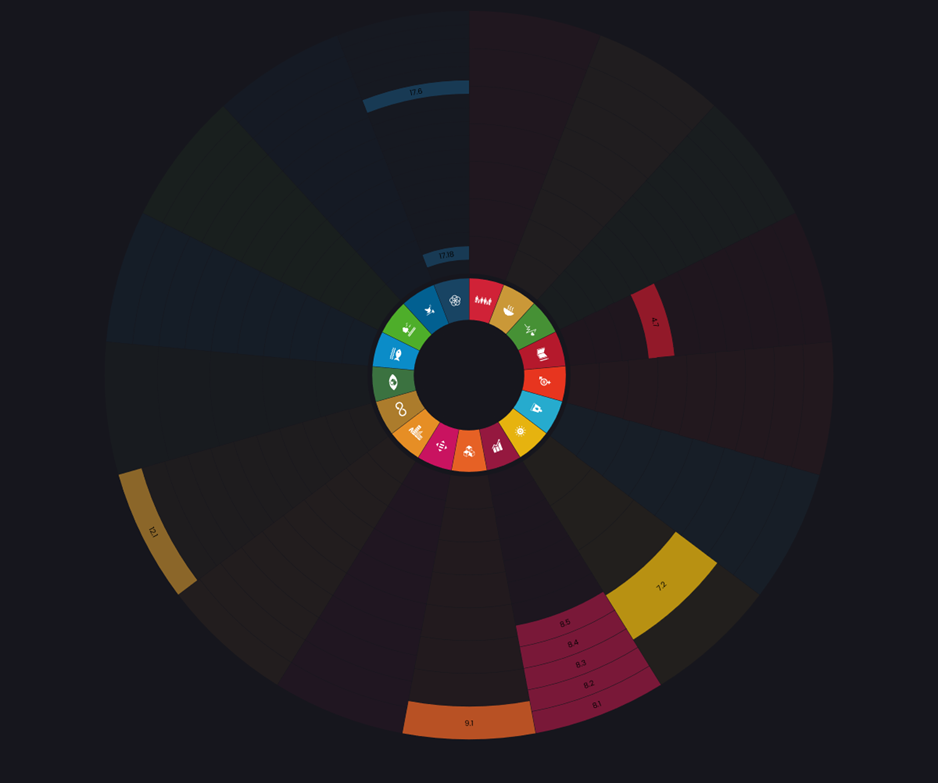
Research

Featured Publications
Alan's areas of expertise are macroeconomics and international finance. His research includes studies on property markets in Ireland and other industrial countries, global current account imbalances and exchange rates, and the economic performance of the euro area.
|
References |
SDGs |
|---|---|
|
Ahearne, A., Cassidy, D. (2023). The impact of Fit for 55 on Ireland’s maritime transport sector and the macroeconomy. Maritime Economics & Logistics. doi: doi.org/10.1057/s41278-023-00267-9 |
13 |
|
Ahearne, A., Hynes, S. (2020). Challenges and opportunities for Ireland’s major ocean economy industries. doi: 10.22004/ag.econ.309531 |
7.1; 14.2; 8.1 |
